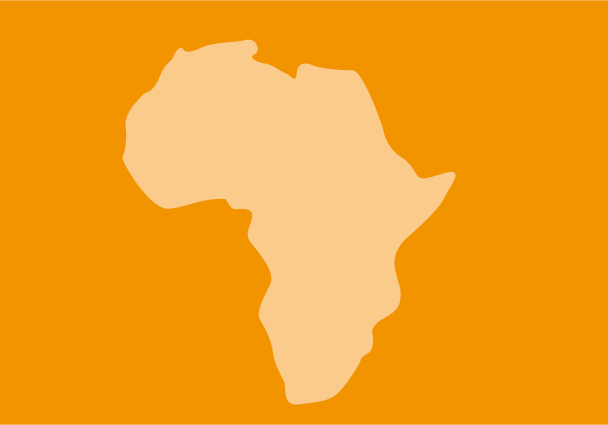The ICJ announces the publication today by Pinter Publishers of “South Africa: Human Rights and the Rule of Law”, a 160-page report of a mission to South Africa in 1987.
The evidence received by the mission demonstrates that an undemocratic government has extended the executive power of the state so as to undermine the rule of law and destroy basic human rights.
The topicality of this report is demonstrated by the recent
- international outcry at the treatment of the ‘Sharpeville Six’ case
- the effective banning under emergency powers of 17 non-violent anti-apartheid organisations, including the United Democratic Front.
The members of the mission were Geoffrey Bindman, an English solicitor, who edited the report, Jean-Marie Crettaz, a member of the Council of the Geneva Bar; Henry Downing, an Irish barrister; and Guenter Witzsch, Professor of Public Law in the University College of Munster, Federal Republic of Germany.
The mission met with a wide range of practising and academic lawyers, judges, community workers, political and trade union leaders, human rights activists and ordinary residents of townships, as well as government officials and the Deputy Minister of Law and Order.
Among the Conclusions are the following:
The Internal Security Act creates a series of criminal offences of a political character, defined in extremely wide and often vague terms. Together with one-sided procedural rules, these enable the State to secure the conviction of virtually any political opponent, even when exercising freedom of expression as protected by international human rights law.
Other permanent laws, not related to the declared state of emergency, violate fundamental rights, such as:
- the Group Areas Act which prevents freedom of movement and resident on racial grounds;
- laws authorising forced removals;
- the Separate Amenities Act, excluding persons from public places and facilities on racial grounds;
- censorship of books and other publications;
- powers to ban or restrict meetings and processions; and
- racial discrimination in public education.
Among the procedural rules and practices are:
- the practice of torture and intimidation of detainees (even against children) leading to unreliable confessions which are nevertheless held admissible by judges;
- rules which exclude or restrict appeals against administrative detention under the Internal Security Act or emergency regulations;
- the immunity of the security forces from liability for misconduct; and
- extending the ‘common purpose’ rule to allow conviction for murder committed by other persons, as in the ‘Sharpeville Six’ case.
Other major abuses by the security forces are:
- aiding, encouraging or condoning violence by vigilante groups;
- excessive use of force (including many killings) in crowd control;
- arrest and intimidation of defence lawyers in political cases;
- intimidation of assault victims to deter them from pursuing legal remedies;
- bringing cases on plainly inadequate evidence to ensure prolonged detention before the acquittal or prosecution abandonment of the proceedings;
- harassment of voluntary and charitable bodies helping apartheid victims.




